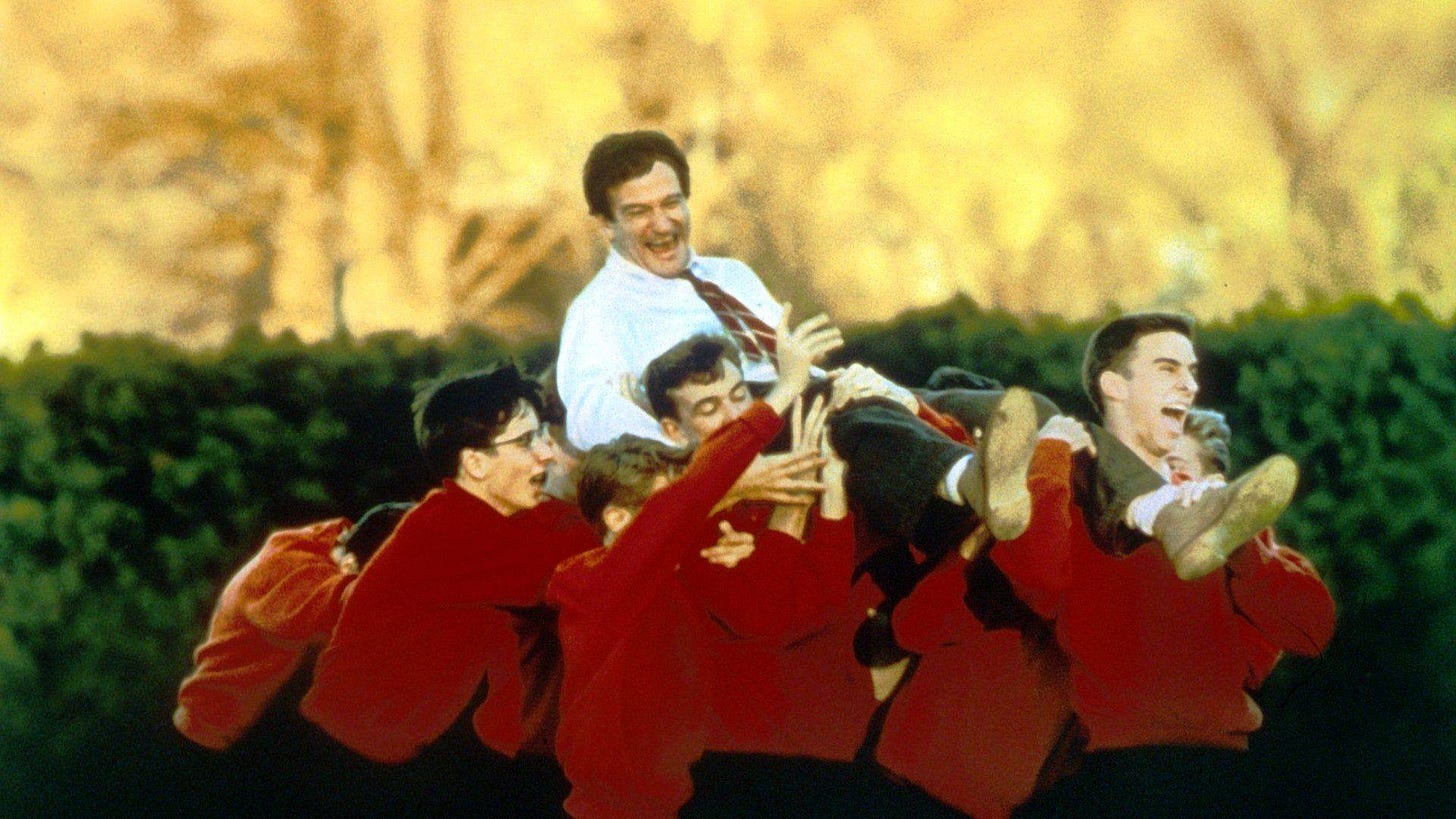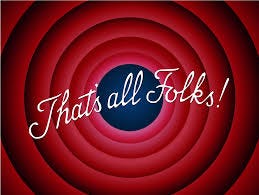I am 23 now. I never thought about aging; either it was the radicality of the prognosis itself or my blanket ignorance or may be both. Spending more time is tantamount to coalescing with maturity, as per the popular standard. And as they say, “expectation hurts.” One then has to act in a certain way—to quell others’ perceptions of oneself. Even now, I am unable to imagine myself to become more older.
Given the significance of the time, while introspecting, a question emerged in my consciousness “why i am writing all this?” Isn’t it pompous of me that I -a boy who hasn’t achieved much yet and all the more, superficial in his discourse- am in a condescending way preaching the meagre gritty knowledge gleaned in a short amount of time? Well, I don’t care. I just want to record my chronicles; not for some coming generations who would unravel profound insights from my discorded words. No!!. It is not for them; it is me proliferating myself via this venture.
Khaer, now that we are here, what would be more interesting, or rather fascinating, at this moment of “becoming” than to think in universality? Today, my musing is about art or expression in general.
“All art is quite useless”
, said Oscar Wilde in the preface to The Picture of Dorian Gray.
Indeed, it was once considered “useless” in the verbiage of modernity; in current times, for something to be “useful,” it has to either add value to wealth directly or indirectly—by increasing the ability to be more affluent. But unfortunately, it did not remain the way Wilde opined. The specter of capitalism (modernity’s favorite—and horrid-est—child) has ensnared everything coming in the way, including the realm of art, or artists to be precise.
Just look at the biggie writers, singers, directors, and actors, and one might contend what's wrong with bagging money quid pro quo one’s artsy prestige; well, the problem lies in the capitalistic instinct that dominates this universe. If left unabated, every creature in it would then be fomented not as an expression of the tumult the artist bears within their chest but rather in a bland, imitative way, akin to other bestsellers—which is happening.
A real-time example would be choosing between podcasts, movies, or shows. Despite having a myriad of choices, one is often unable to distinguish between them, and it feels as though one is consuming the same content repeatedly with different packaging. For instance, I have not yet watched John Wick: Chapter 4 because I just know how the film will traverse. Like the three prequels, it would be nothing more than a person performing jiu-jitsu-esque motions and undoing every other person.
Especially after rapid “globalization”, the bizarre is probably exacerbated: for a book to be palatable, it must have The New York Times Best Seller list label, or in music, it must have been listened to by X number of listeners, or in movies, it has to be in the top movies on Netflix or whatnot. Again, here I am not propounding that popular content is not superlative; rather, I am saying it is the viewership that is dictating the content.
How to undo what did happen now? Robert Herrick in his poem “To the Virgins, to Make Much of Time” said,
“Gather ye rosebuds while ye may, Old Time is still a-flying; And this same flower that smiles today Tomorrow will be dying.”
John Keating, played by Robin Williams, in the movie “Dead Poets Society” (1989), while explaining this, transcreated the first line of the stanza as “Carpe Diem” (a Latin phrase translated as “seize the day”).
It means to do great things, to be spectacular, or simply to truly live—not living as a mechanistic biological creature (born, studying to be able to earn money, finding a lucrative job, maybe getting married, and dying) but rather as a demi-god (a quasi-creator in its own right)—a restless being indulged in its ideals, fomenting liveliness, majesty, and vitality in self-expression. In a platonic sense, participating in the form of “creativity” itself, and not regurgitating what our parents and grandparents did with their lives or following the prevalent mantra of life as expounded by self-help gurus.
The expression then would not be less than what they say “divine madness.” Iqbal while commenting on Goethe’s Faust wrote in his personal diary, later published as "Stray Reflections":
"It is as good as the creation of a beautiful universe out of the chaos of formless matter."
If life qua life remains bereft of the “rosebuds” art conceals within her lap, it will mirror the earthly commerce where fewer and fewer resources are sought by more and more people, morphing into a constant rat race for capital—as if the superstructure upon which the competition flushes is neutral and there is no inherent skewness.
To be non-impressionable to the commodification of life and art, herrick’s words must be followed: to savor the blossoming flower before the ultimate waning; to yield a name by mimicking the prevalent currents instead of what one’s heart entangles with, may lead to ephemeral fame, but it doesn’t existentiate into perennial thought-provocation and exquisite insignia in the march of varied history of mankind.
And so, I think, it (Art) should be “useless” through and through.
In the words of the scribe,
“Beauty requires radicality,
And radical is beautiful.”





